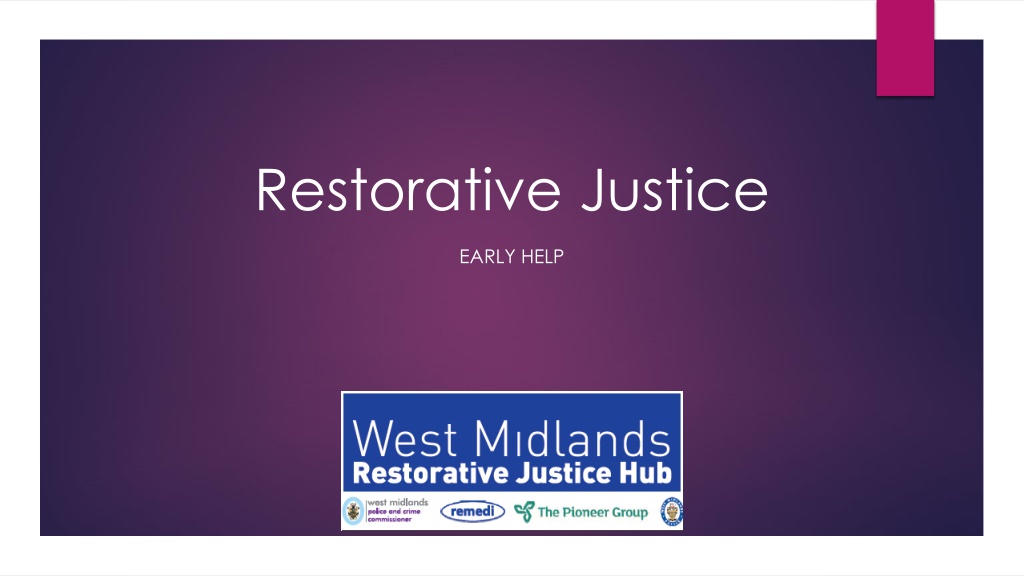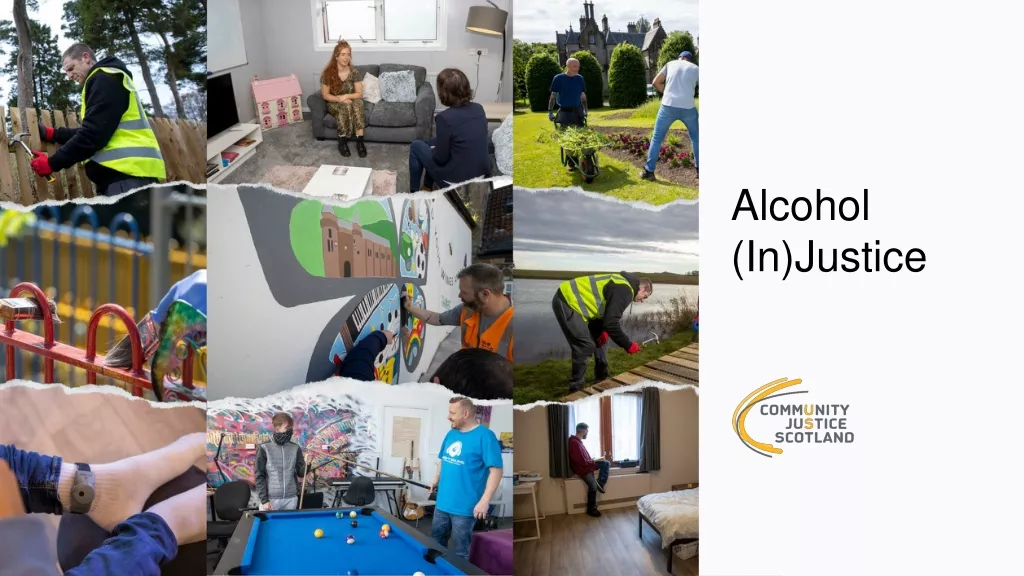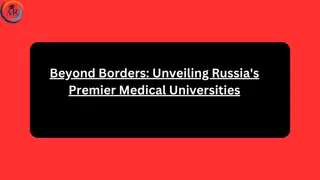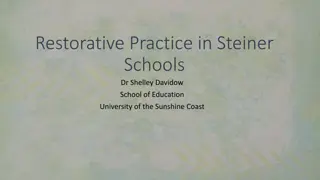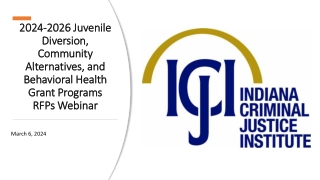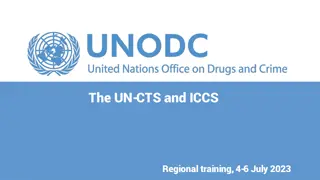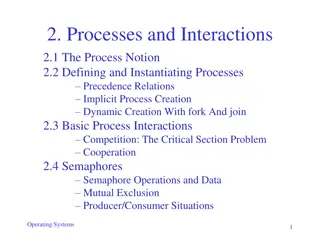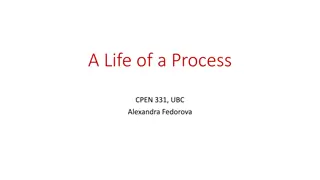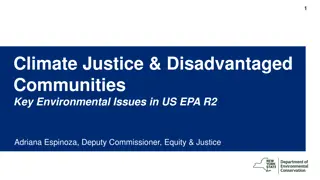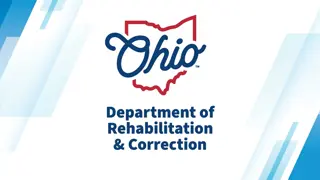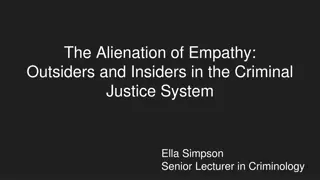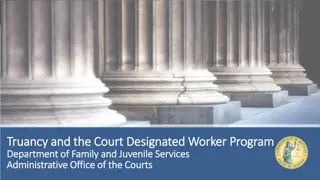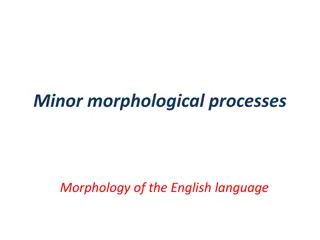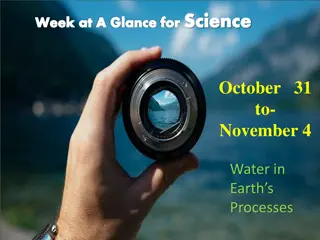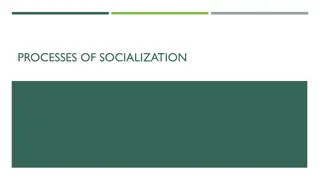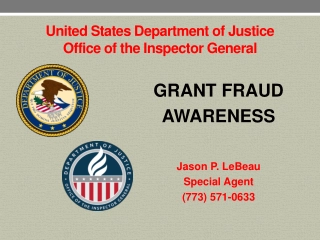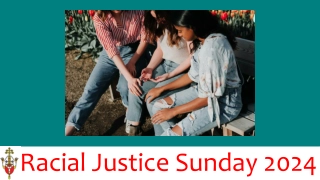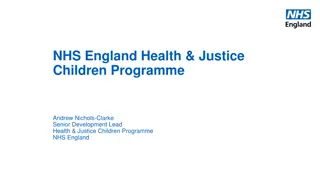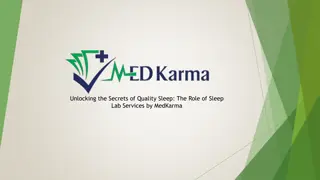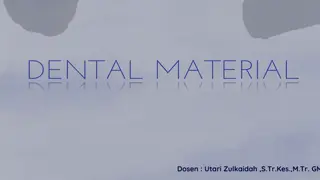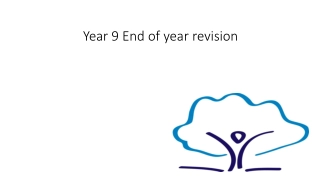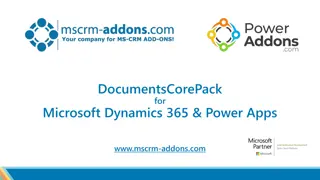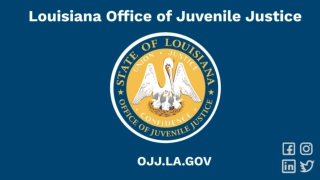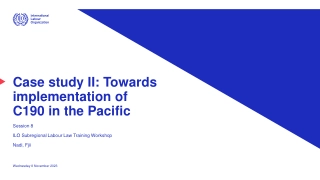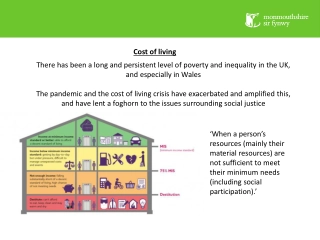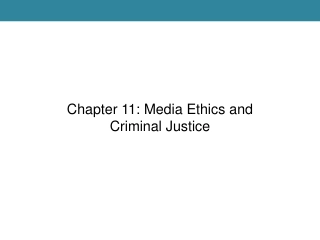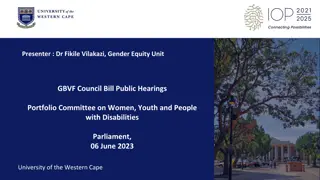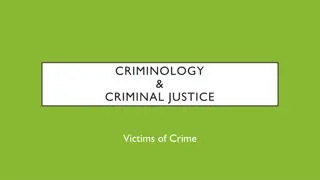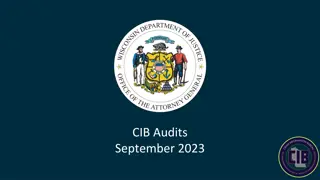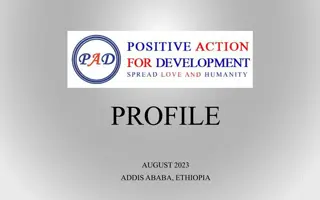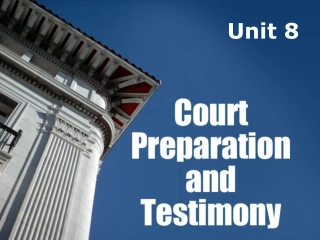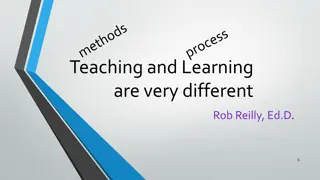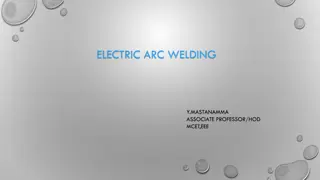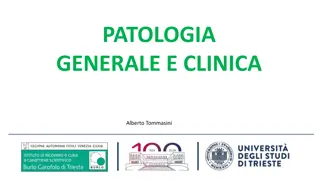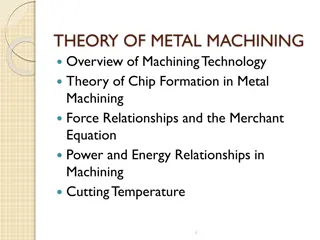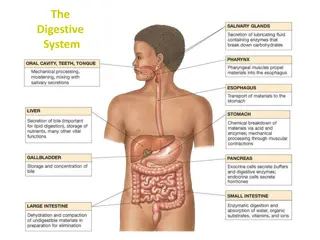Understanding Restorative Justice Processes
Restorative processes focus on bringing together those affected by crime or conflict, allowing them to communicate and participate in repairing the harm caused. This approach emphasizes understanding, accountability, and finding positive ways forward for all involved parties. Through various types of restorative processes, individuals have the opportunity to share their experiences, needs, and perspectives in order to move towards healing and closure.
Understanding Restorative Justice Processes
PowerPoint presentation about 'Understanding Restorative Justice Processes'. This presentation describes the topic on Restorative processes focus on bringing together those affected by crime or conflict, allowing them to communicate and participate in repairing the harm caused. This approach emphasizes understanding, accountability, and finding positive ways forward for all involved parties. Through various types of restorative processes, individuals have the opportunity to share their experiences, needs, and perspectives in order to move towards healing and closure.. Download this presentation absolutely free.
Presentation Transcript
Restorative Justice EARLY HELP
What are Restorative Processes? Restorative processes bring those harmed by crime or conflict, and those responsible for the harm, into communication, enabling everyone affected by a particular incident to play a part in repairing the harm and finding a positive way forward. (Restorative Justice Council)
Punitive Justice Vs Restorative Justice Punitive Justice Restorative Justice What happened? Who is to blame? How do we punish those to blame to deter them and others from doing it again? Those most affected have the least say in the outcome What s happened from each person s perspective? Who has been affected and how? What do those affected need? Who can do what to help?
Types of Restorative Process Restorative conversation Restorative questions Instant Restorative Justice (meeting) Indirect processes (shuttle) Restorative meeting (harmed not present) Restorative meeting (both present) Community conference
Harmed persons needs A chance to tell their story - their experience Express their thoughts and feelings Understand better how the situation happened Understand how it can be avoided in future To feel understood by the others involved An acknowledgement of the harm caused, if not an apology To find a way to move on and feel better about themselves.
Harmer Benefits Accept responsibility for their actions (helps process shame) Understand how their actions have affected others Opportunity to repair the harm / upset caused Provide closure to all parties
What can RJ be used for? Part of an out of court disposal. Instead of a criminal investigation, if the victim and the offender agree. Post Court and many years after the crime. To resolve Anti-Social Behaviour and Neighbour Disputes. Restorative Processes for incidents linked to Schools (example bullying) RJ can help with MISPER and family disputes. All crimes and non-crimes can be considered so long as the victim has requested it.
Restorative Justice Victims Code All victims of crime have right to information on access to Restorative Justice Don t make the decision for them Provide information links WMP web site / PCC web site
RJ HUB Remedi Pioneer WMP (Birmingham) Officers RJ Team Trained Officers throughout WMP
RJ Team Birmingham Team of 1 Sgt and 4 PC s under Birmingham Partnerships All trained in RJ Link with other Officers / Staff across WMP who trained in RJ Can be contacted via the referral email address Work with NHT Birmingham in relation to incidents reported to the Police but do not fall under crime. Provide training / support to the Volunteers RJ programme with Police Cadets Development of RJ programme for use with young persons
Referrals WMP web site has general information on Restorative Justice Referrals all to: restorative_justice@westmidlands.police.uk
